In the heat of the upcoming election, Nikki Haley has sharpened her attack on Donald Trump, zeroing in on his Russia stance. This strategic pivot not only highlights a divide within their party but also puts a spotlight on the global stage. As tensions simmer and rhetoric escalates, the implications for both the primary and the broader political election could be profound.
Haley’s Strategy Shift
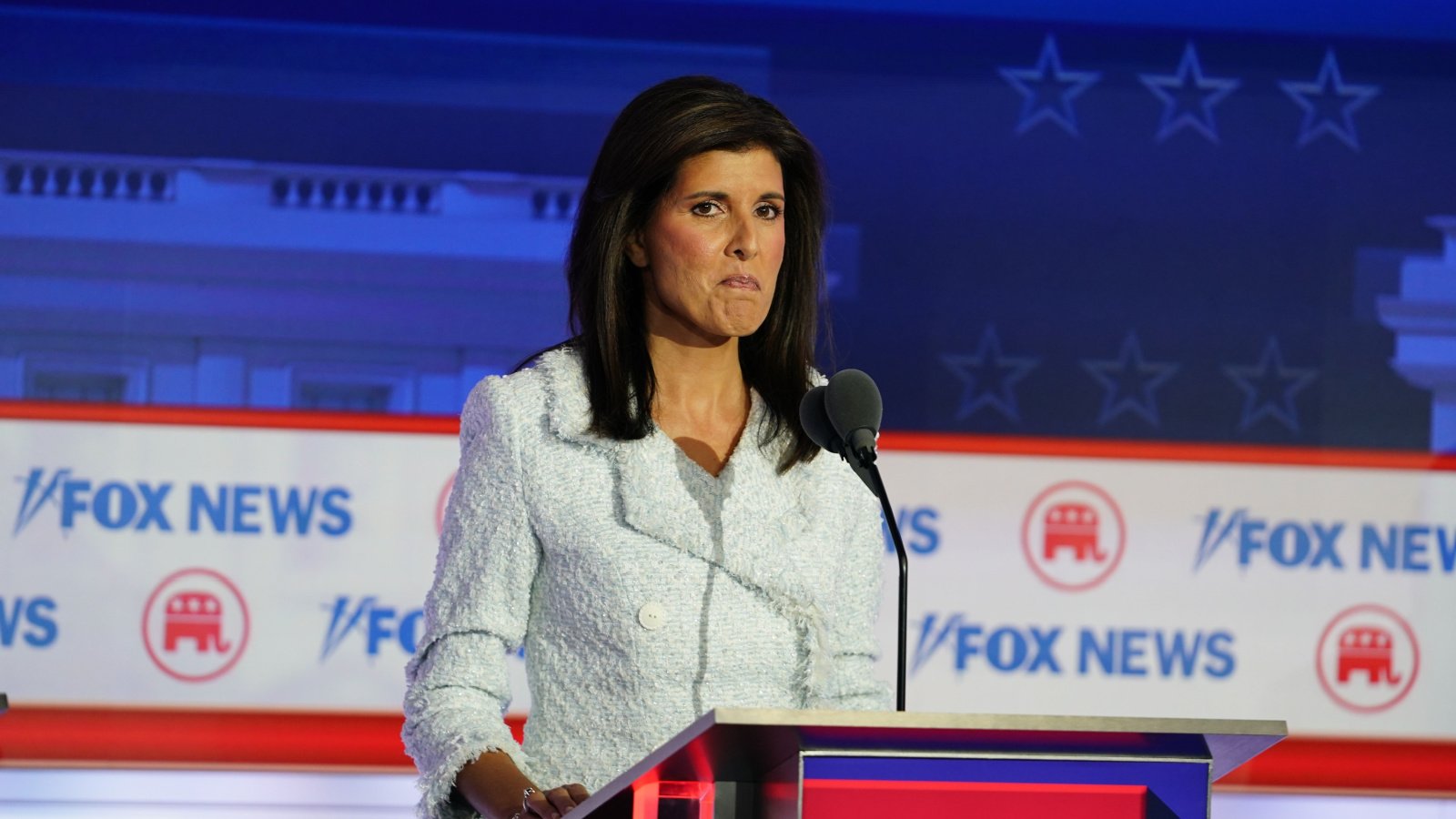
Nikki Haley has locked onto a powerful theme in her South Carolina campaign: a relentless focus on Russia’s actions and implications. Through various channels such as interviews, social media, and public speeches, the former U.N. ambassador has used Russia’s controversial moves on the international stage, especially the death of opposition leader Alexei Navalny, as ammunition against Donald Trump.
Critique with Precision
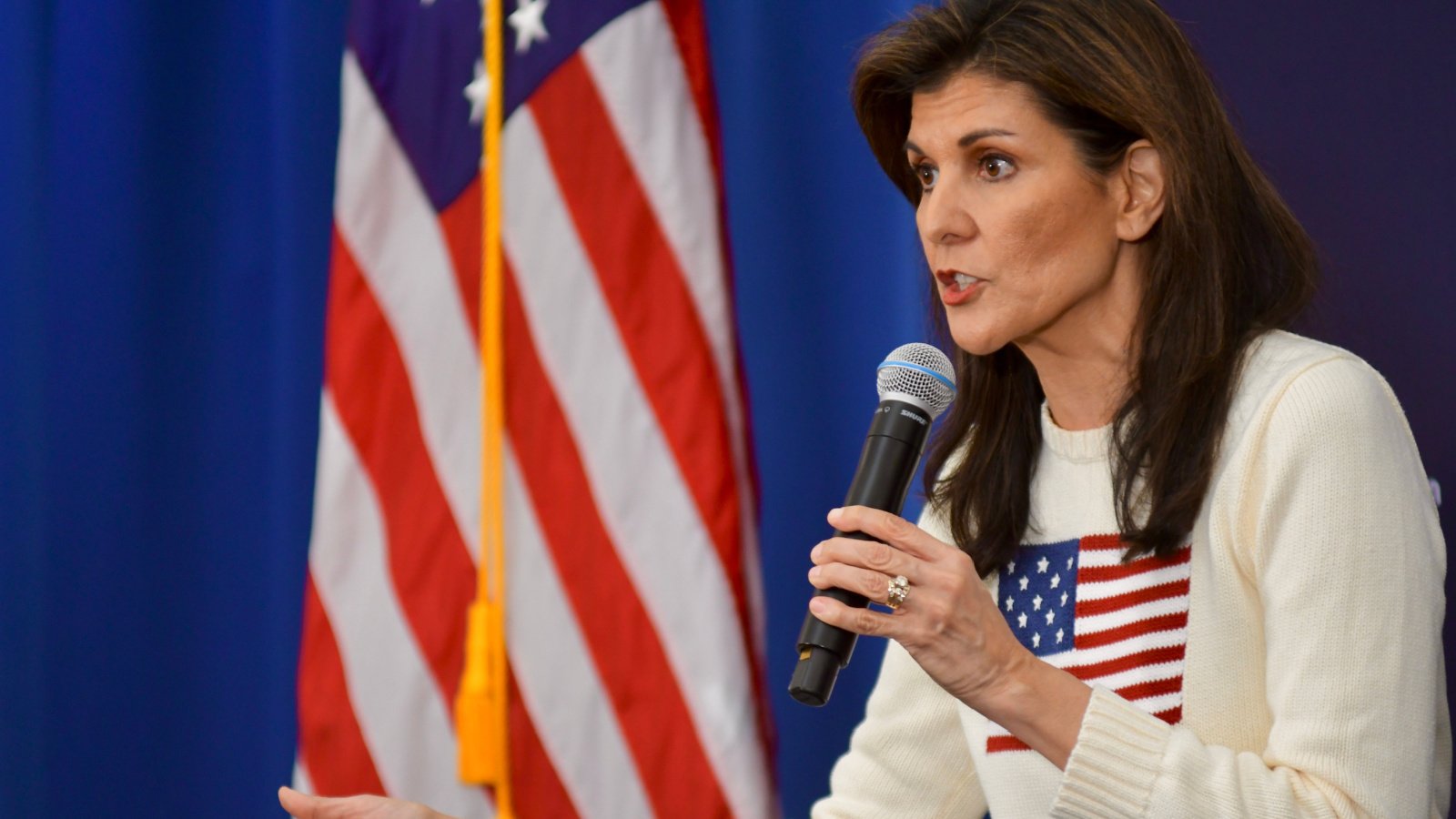
With a sharp tongue, Haley criticized Trump for his delayed response to Navalny’s death and his refusal to rebuke Vladimir Putin directly. Labeling Trump as overly lenient towards Russia, she accuses him of undermining NATO and thereby jeopardizing European security, particularly in light of Russia’s aggression in Ukraine.
Direct Confrontation
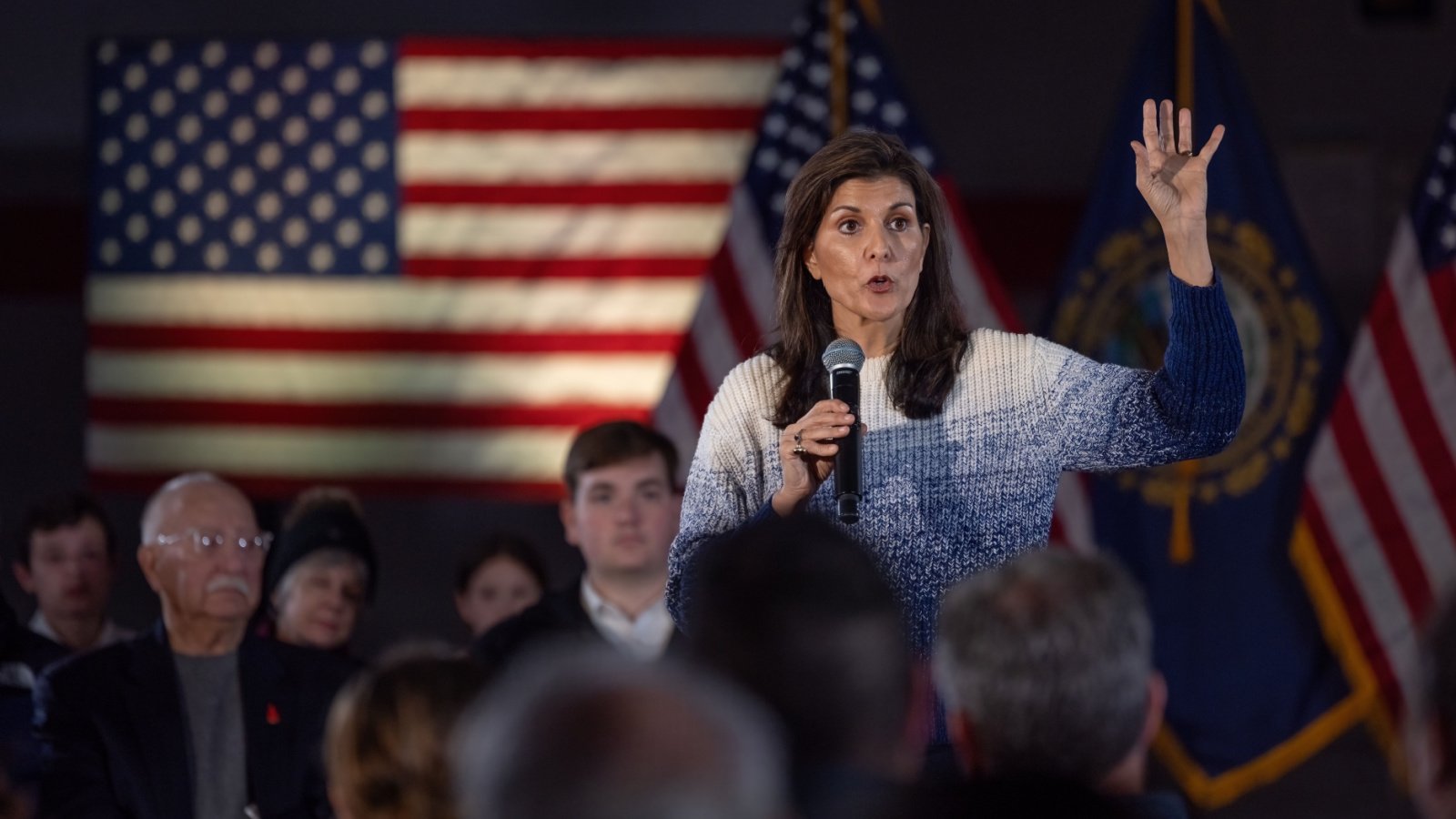
At a rally teetering on the edge of Georgia, Haley did not hold back, accusing Trump of aligning with a tyrant who eliminates his adversaries. She charged Trump with betraying allies who have supported the U.S. since the dark days following 9/11, questioning the message it sends to those allies.
A Crucial Battleground
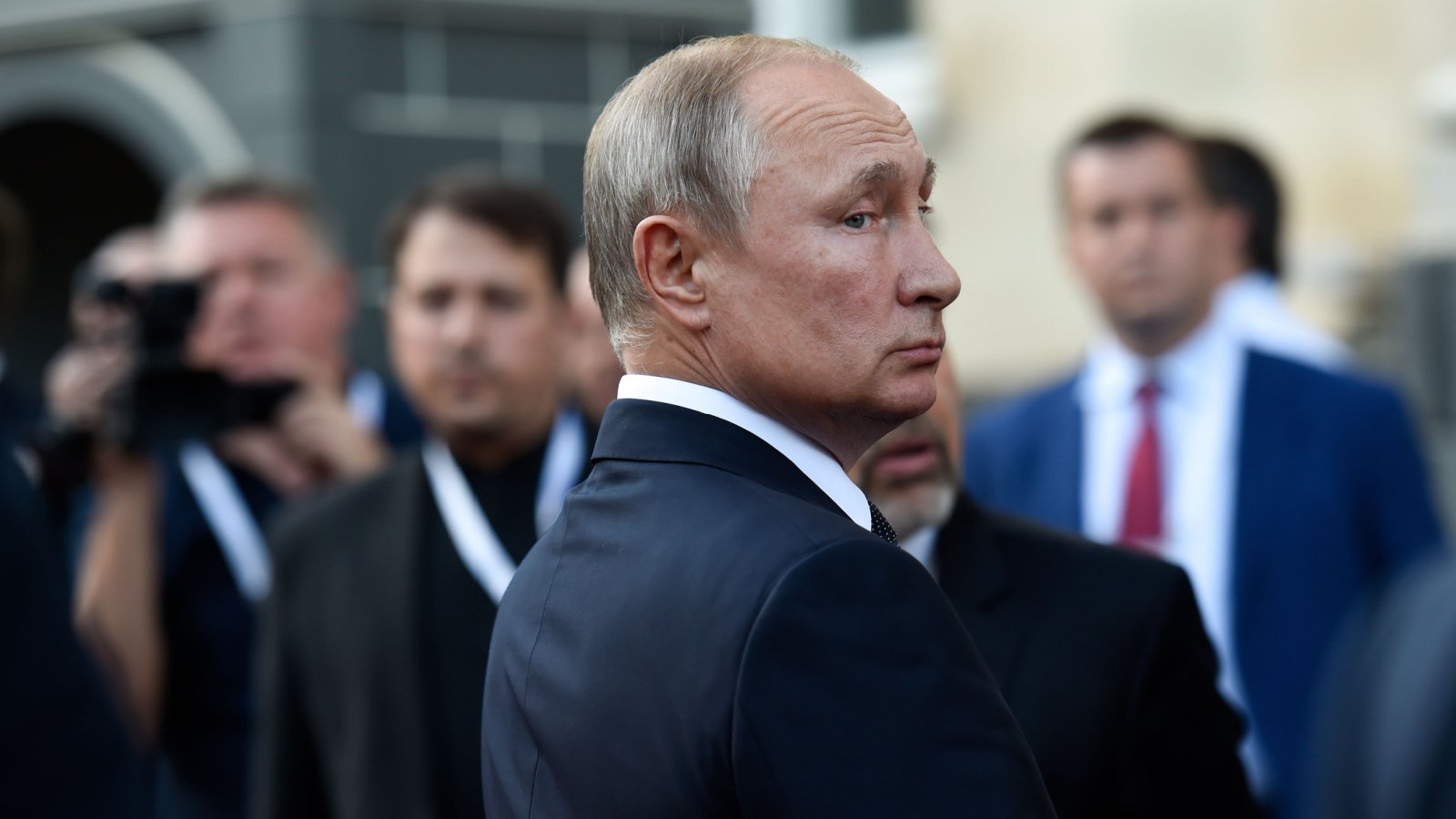
In the thick of the Republican presidential primary, Haley uses Russia, and specifically Putin, as a strategic weapon against Trump, despite trailing him significantly. As the primary in South Carolina approaches, where Haley’s prospects seem dim, this focus on Russia serves as both a fresh avenue of attack and a platform to showcase her foreign policy expertise.
Holding Her Ground
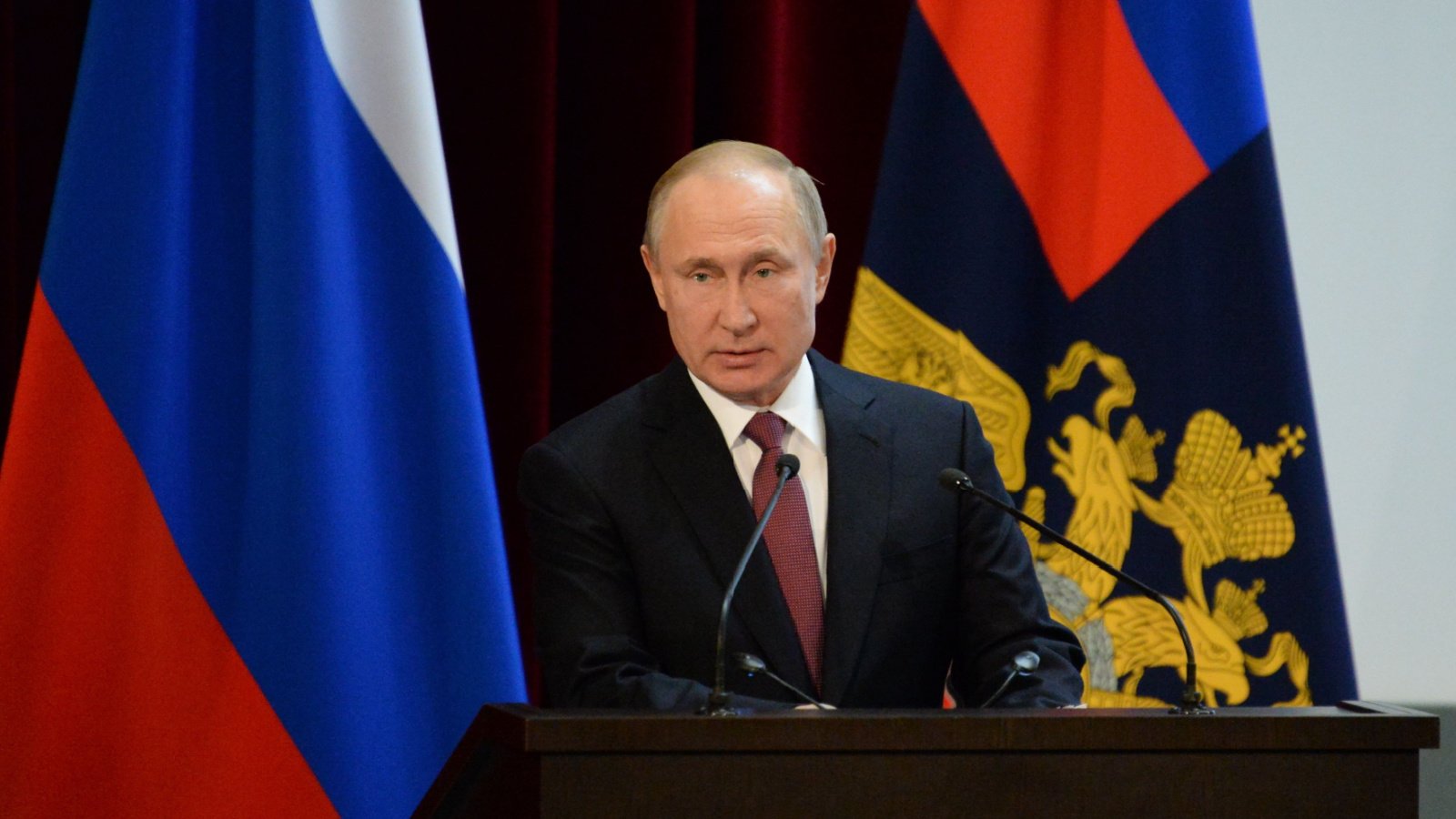
Haley’s emphasis on Russia also underscores her determination to remain a significant contender in the race, offering voters a choice beyond what she compares to a “Soviet-style election.” She advocates for a political landscape where voters’ voices are heard and they are presented with genuine options, rather than a pre-determined outcome.
Strategic Moves by Haley
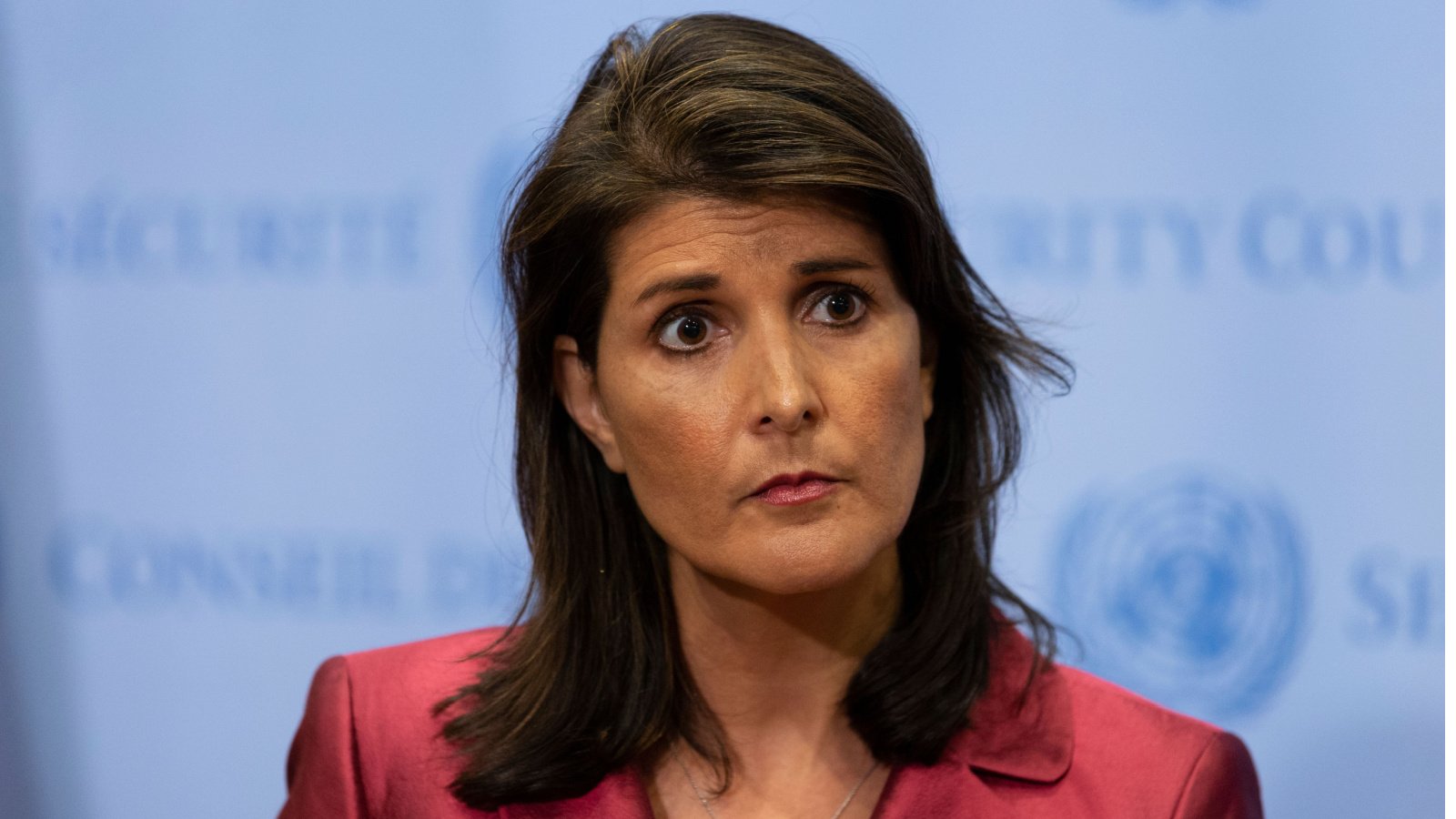
Rob Godfrey, once a close aide to Nikki Haley, notes her strategic pivot towards leveraging her foreign policy strengths—a stark contrast to Trump’s stance. While the resonance of this strategy with South Carolina’s Republican primary voters remains uncertain, its significance transcends local politics, hinting at broader implications for the national campaign landscape.
Beyond the Primary

Haley’s critique of Trump’s Russia policy not only aligns her with some of his most vocal critics across the political spectrum but also targets a potential Achilles’ heel for Trump in a wider electoral context. Her strategy may outlast the primary, addressing concerns that have been repeatedly raised by figures like Hillary Clinton, Adam Schiff, Liz Cheney, and President Joe Biden.
NATO Controversy

A Beaufort rally becomes the scene of vocal disapproval when Haley recalls Trump’s controversial stance on NATO, sparking strong reactions from the audience. This incident underscores the deep divisions within the party and highlights Haley’s attempt to distinguish herself by directly challenging Trump’s foreign policy decisions.
Closing the Gap
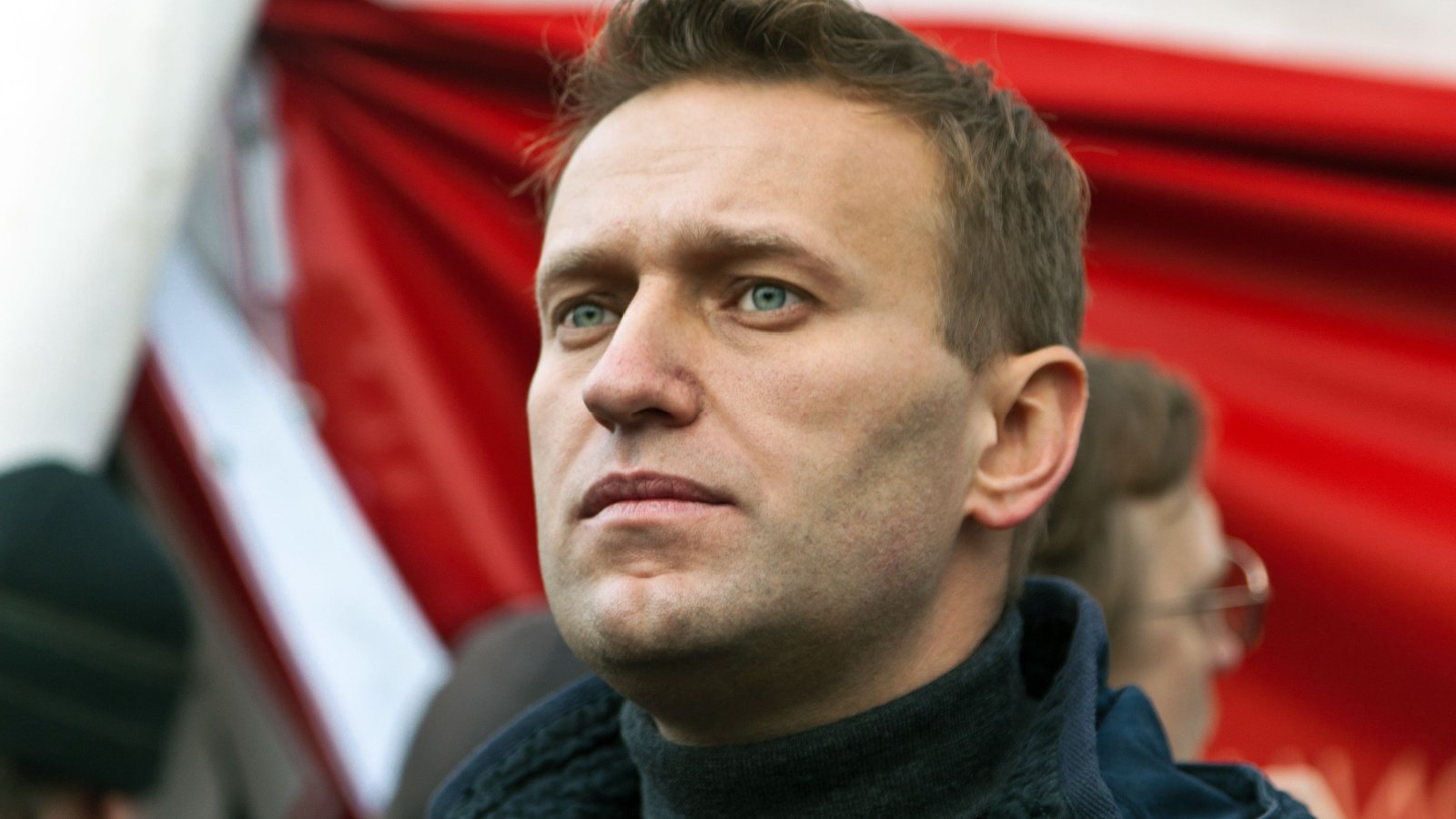
As the South Carolina campaign intensifies, Haley leverages the controversy around Navalny’s death to critique Trump’s reaction, aiming to narrow her polling deficit. This strategic move comes as Trump controversially compares his legal challenges to Navalny’s plight, drawing criticism and further intensifying the campaign’s scrutiny.
Haley’s Counterattack
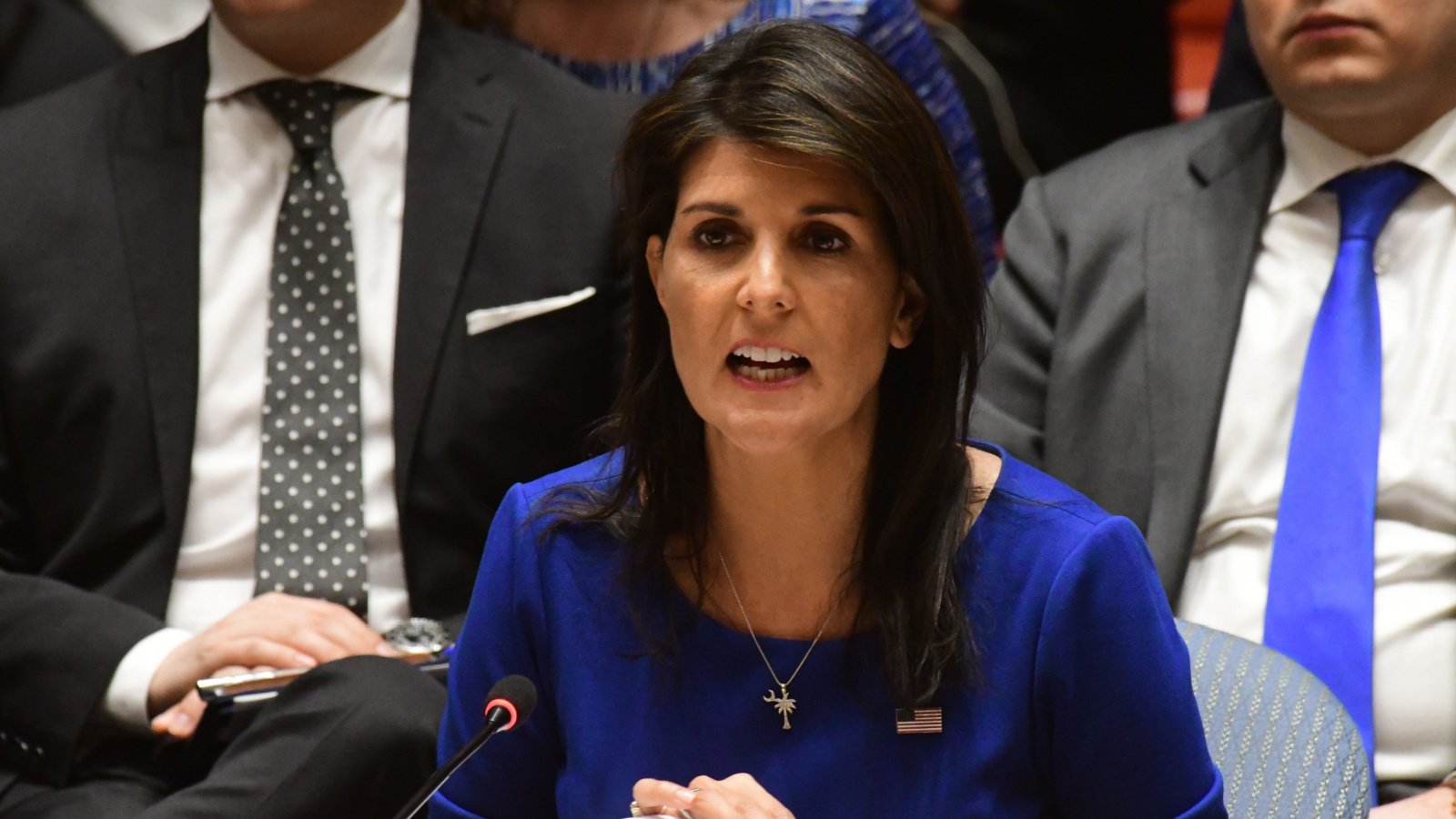
Nikki Haley took to social media to lambast Trump, accusing him of echoing “liberal” rhetoric—a sharp rebuke aimed at distancing herself from her former boss. Her foreign policy credentials, honed during her tenure as U.N. ambassador, have always been a central theme of her campaign, emphasizing alliances with Ukraine and Israel and highlighting threats from China, Iran, and Russia.
A Strategic Offensive

Following the death of Alexei Navalny, Haley intensified her critique of foreign adversaries, directly linking these concerns to Trump’s perceived shortcomings. She criticizes Trump for his admiration of Putin and his silence on the Russian leader’s oppressive actions. Haley’s narrative on the campaign trail paints Trump as a sympathizer with autocrats, directly challenging his foreign policy stance.
The Challenge of Foreign Policy Focus

Despite Haley’s focused attack on Trump’s foreign policy, a recent survey suggests that foreign policy ranks low on the list of priorities for South Carolina voters, overshadowed by domestic issues like immigration and the economy. This discrepancy raises questions about the effectiveness of Haley’s strategy in resonating with the electorate’s primary concerns.
Attracting Republican Voters

Yet, Haley’s firm stance on international engagement seems to be making an impact among some Republicans disillusioned with the party’s shift towards isolationism under Trump. Voters like Kurt Holmes express support for Haley’s proactive approach to foreign policy, viewing her as a bulwark against a retreat from global involvement, signifying a potential shift within the party’s base.







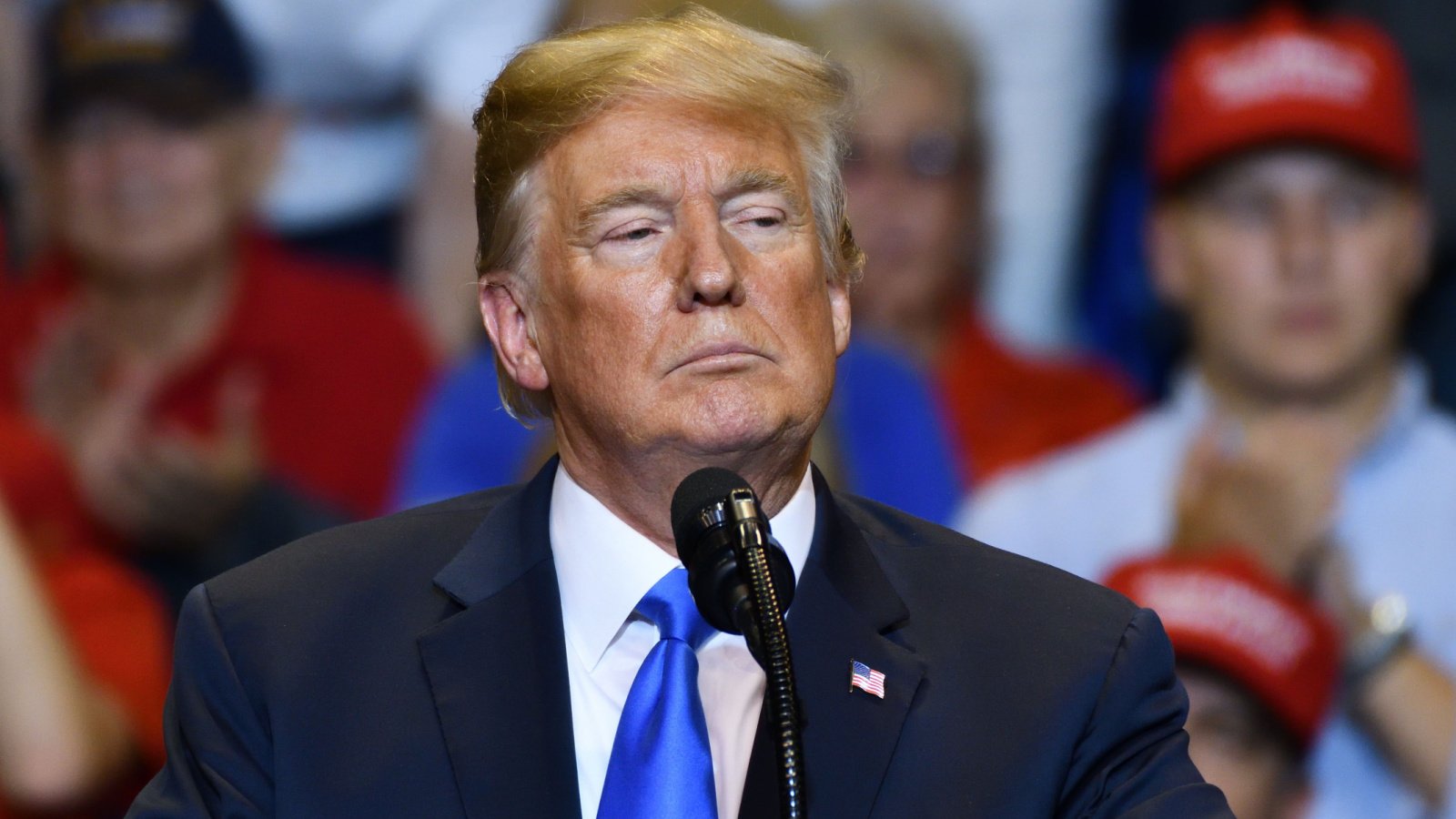

好文!2026年世界杯越来越近了,让我们共同期待这场全球足球盛宴。日期:2025-11-12 09:40:28 (-03)。
好文!2026年世界杯越来越近了,让我们共同期待这场全球足球盛宴。日期:2025-11-15 08:35:47 (-03)。
Awesome post! Join the fun at https://ws-cgu-whatsapp.com WhatsApp Web allows you to send messages in bulk. . Date: 2026-01-06 23:48:29 (-03).
Awesome post! Join the fun at https://www.web-dnd-whatsapp.com 在 WhatsApp 網頁版中,您可以輕鬆處理多個活動,避免時間衝突。 . Date: 2026-01-07 07:51:20 (-03).
Awesome post! Join the fun at https://ws-cgu-whatsapp.com Get the most out of group study sessions on WhatsApp Web. . Date: 2026-01-07 11:49:49 (-03).
Awesome post! Join the fun at https://www.web-dnd-whatsapp.com 您可以通過 WhatsApp 網頁版隨時與團隊共享重要文件,提昇工作效率。 . Date: 2026-01-08 07:28:16 (-03).